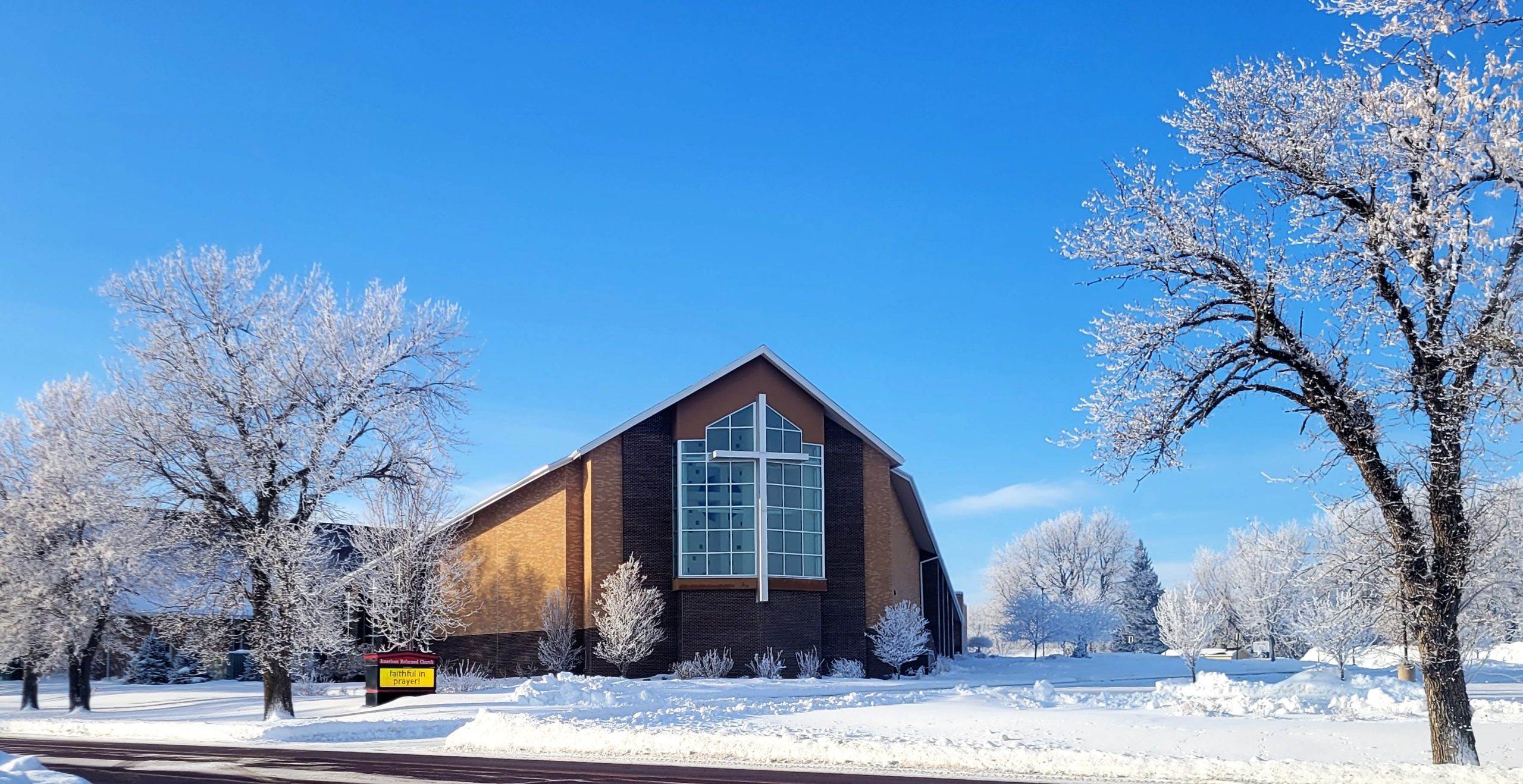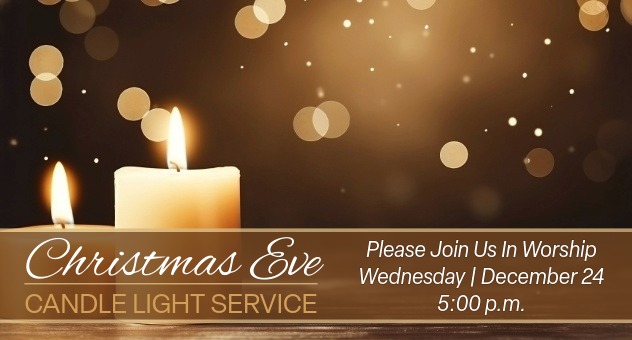“Turn left…turn left…left again…turn right…stop…proceed…turn right…right again…slow down…brake…Brake…BRAKE!”
These are the words that have become the language spoken inside our car over the past year. Our daughter has her learning permit and is required to log 40 driving hours before she can test and proceed to her provisional driver’s license. We started out driving in the church parking lot, proceeded to city streets, then advanced to highways and the Interstate. We have practiced left turns and right turns, accelerating smoothly, stopping gently, following at a safe distance, controlled and uncontrolled intersections, lane changes, maintaining speed, driving defensively, backing up, and parallel parking. She has improved greatly. However, it occurred to me several weeks ago that while her skills have become more refined, the day is approaching where she will be the only one in the car and, up until this point, I have been making most of the decisions for her. Therefore, our driving instructions have now evolved into “Drive to the church; take us to the park; proceed to the grocery store; go to Grandpa and Grandma’s house.” Instead of me telling her how to get to where we need to go, she has had to enlist her brain and her own thought process to make the decisions required to help us arrive at our destination.
This week I had a similar experience of employing my mind. Wednesday was the first morning of the Community Women’s Bible Study at the Christian Reformed Church. Twenty or so women from multiple area churches gathered for Jen Wilkin’s study of the book of 1st Peter. The opening video was interesting and Jen warned us that this study might be different than studies we had done in the past. We would be looking at the Bible as a book about God-discovery, not self-discovery. We would be engaging not only our heart and emotions, but most of all our mind. Then the author laid out a few guidelines, the first of which made me hesitate: no commentaries, no study notes, no paraphrases. Wait, what? My NIV Study Bible is an old companion that she was asking me to leave at home for this journey. The Study Bible is printed with the scripture at the top of the page and explanations printed underneath for almost every single verse.
As I held my breath, I listened to her reasoning. She likened the use of study notes to a driver using a GPS device. We mindlessly listen to the automated voice telling us to turn left or right until we arrive at our destination without much trouble and without really knowing how we got there. However, if our GPS were to lose signal and we had to think about where we actually were and struggle with our confusion and dwell in the “I don’t know”, it would actually be a good thing and we would probably remember that route and destination in the future. As Jen Wilkins explained, “Nobody likes to feel lost or confused, but it is an important step in the acquisition and retention of understanding.” I began to evaluate how often I read a passage in scripture and then jump straight to the study guide for an explanation of what I read instead of mentally chewing on it for a while and letting the Holy Spirit speak to me personally.
In Psalm 119:97 David says, “Oh, how I love Your words.” While I can say that I love the Word, I am convicted that all too often I spend more time reading books and devotionals about God’s Word than the Word itself. Devotionals, study guides, and commentaries can be helpful, but I would like to grow in allowing the Holy Spirit to lead me into truth before I listen to someone else’s insight or direction. Scripture also warns us in 2 Timothy 4:3-4 that there will come a time when the truth will be disregarded and people will surround themselves with others who tell us what our itching ears want to hear. I think that time has come. And how easy it is to be deceived when you haven’t learned the truth firsthand.
My challenge to you and myself is to get in the Word. Read, struggle, listen, think. As Jen Wilkin reminded me, “The heart can’t love what the mind doesn’t know.” May God’s Word be the lamp to your feet and the light to your path! Erin Jacobsma










